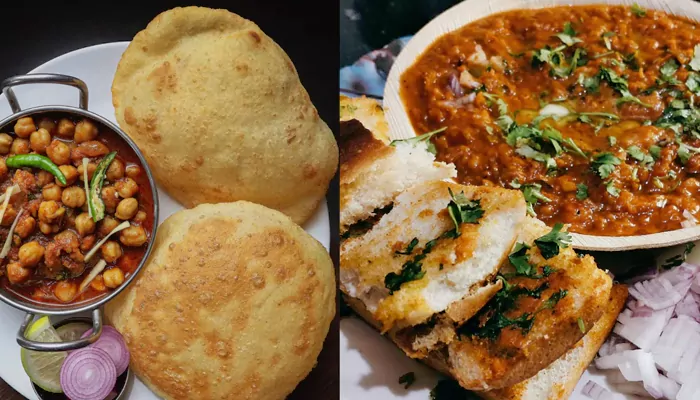Fermented Foods In Nigeria: Rediscovering Traditional Health Benefits For Modern Wellness
- Gurpreet
- 1 year ago
- 3 minutes read

The resurgence of fermented foods in Nigeria is not just a trend; it is a return to the roots of traditional culinary practices that offer significant health benefits.
In recent years, there has been a notable resurgence of interest in fermented foods, particularly in Nigeria, where traditional dishes like ogi and wara have long been staples of the diet. As health consciousness rises globally, many Nigerians are revisiting these time-honoured foods, recognizing their nutritional benefits and contributions to gut health. This article explores the traditional fermented foods of Nigeria, highlighting their health advantages and how they fit into modern wellness practices.
The Tradition of Fermentation
Fermentation is an ancient preservation method that transforms food through the action of microorganisms like bacteria, yeasts, and moulds. In Nigeria, fermented foods have played a significant role in the culinary landscape for centuries. Ogi, a fermented cereal pudding made from maize, millet, or sorghum, is a popular breakfast item often served to infants and young children. Wara, also known as bean cake, is made from fermented ground black-eyed peas and is a common street food enjoyed by many.
Nutritional Benefits of Fermented Foods
Probiotics for Gut Health
One of the primary benefits of consuming fermented foods is the presence of probiotics—beneficial bacteria that promote a healthy gut microbiome. A balanced gut flora is essential for proper digestion, nutrient absorption, and immune function. Regular consumption of fermented foods like ogi and wara can help enhance gut health.
Enhanced Nutrient Bioavailability
Fermentation increases the bioavailability of nutrients in foods. In the case of ogi, the fermentation process breaks down anti-nutrients like phytic acid, which can inhibit mineral absorption. This means that the minerals present in the grains become more accessible to the body, improving overall nutritional intake. The fermentation of legumes in wara also boosts protein quality, making it a valuable source of essential amino acids.
Digestive Aid
The process of fermentation produces enzymes that aid in digestion. For many individuals, especially those who may be lactose intolerant, fermented foods can be easier to digest than their non-fermented counterparts. Ogi, for example, is gentle on the stomach, making it an ideal food for those recovering from illness or looking for easy-to-digest options.
Nutrient-Rich and Low-Calorie
Fermented foods like ogi and wara are nutrient-dense yet low in calories, making them excellent choices for individuals looking to maintain or lose weight. They provide essential vitamins and minerals, including B vitamins, iron, and calcium, without excessive calories.
Incorporating Fermented Foods into Modern Diets
As awareness of the health benefits of fermented foods grows, more Nigerians are finding creative ways to incorporate them into their diets. Ogi can be enjoyed as a traditional porridge or used in smoothies and baked goods for added nutrition. Wara can be served with a variety of dips, such as spicy pepper sauce or enjoyed in a wrap with fresh vegetables.
Local markets and health food stores are increasingly stocking fermented products, making it easier for individuals to access these nutritious options. Additionally, the rise of artisanal food producers is leading to innovative flavours and variations of traditional fermented foods, appealing to both health-conscious consumers and food enthusiasts.
By rediscovering foods like ogi and wara, Nigerians can enhance their diets with nutritious, probiotic-rich options that promote gut health and overall well-being. As modern wellness continues to emphasise the importance of a healthy gut, embracing these time-honored foods will contribute to a balanced and healthful lifestyle. Whether enjoyed in their traditional forms or reimagined in contemporary recipes, fermented foods hold a vital place in Nigeria's culinary heritage and future.












